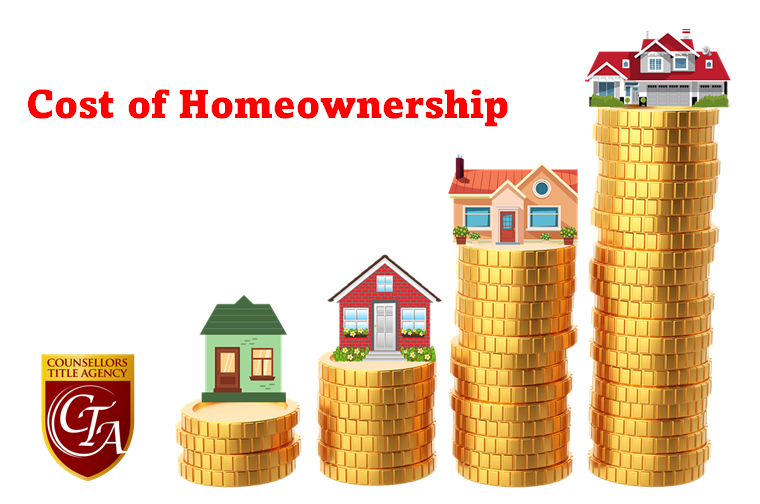
The New Jersey Housing Market: Dreams Deferred
In a state known for its high property taxes and competitive real estate landscape, New Jersey residents are facing unprecedented challenges in the housing market. The recent Gallup survey findings reveal trends that are particularly pronounced in the Garden State, where the path to homeownership is now an increasingly “steep mountain to climb†for many.
Trends: New Jersey vs. National Picture
While nationwide homeownership stands at 62% according to Gallup’s latest survey, New Jersey’s rate has been fluctuating around the national average despite the state’s higher-than-average household income. Like the rest of the country, New Jersey saw peak homeownership rates above 70% between 2005 and 2009, before the housing crash dramatically altered the landscape.
New Jersey’s densely populated communities, particularly those within commuting distance to New York City, have experienced even more pronounced price pressures than many other regions – thus contributing to a growing number of long-term renters across the state.
Renters Also Facing Mounting Challenges
The outlook for New Jersey renters appears increasingly challenging reflecting the national trend: about 30% of non-homeowners in New Jersey anticipate purchasing a home within the next five years.
Most concerning is that the combined percentage of renters planning to buy within ten years has dropped to just 53%, the lowest Gallup has ever recorded. A striking 45% of New Jersey renters don’t expect to purchase a home in the foreseeable future at all.
Affordability Crisis in New Jersey Communities
The affordability challenge is particularly acute in New Jersey, where the median home price of $548,338 ranks among the highest in the nation. Among Garden State residents who currently rent their homes, an overwhelming 68% cite affordability and down payment challenges as their primary reason for renting.
The New Jersey housing market presents unique financial challenges involving the state’s property tax burden, which are the highest in the nation, compounded by the elevated home prices.
Regional Perspectives on the East Coast
The Gallup survey found that East Coast residents are more likely than those in other regions to expect continued home price increases in the coming year.
New Jersey’s position as an East Coast state with proximity to major employment centers has historically supported its housing values, even during national downturns. However, this resilience has a downside making the state’s housing market increasingly inaccessible to younger generations and moderate-income households.
The Jersey Dream Deferred
For generations, homeownership in New Jersey’s charming towns and suburban communities has represented a benchmark of success and quality of life.
Notwithstanding the current unaffordability, 37% of Americans – including New Jersey residents – still believe real estate represents the best long-term investment opportunity.
But the high cost of homeownership with overhead costs rising, is contributing New Jersey to a housing crisis in the future. The highest property taxes in the nation, recently broke the $10,000 a year threshold, elevated home prices, high state taxes, and sales tax has effectively locked out many Garden State residents from realizing this dream in the near term.
Looking Ahead: New Jersey’s Housing Future
Nevertheless, for the foreseeable future, the Gallup data suggests that a significant portion of New Jersey residents will remain renters longer than previous generations – reshaping communities and potentially altering the economic and social fabric of one of America’s most densely populated states.
This article was based on Gallup’s annual housing market survey, which included responses from more than 1,000 American adults for its Economy and Personal Finance survey, with data analyzed to highlight trends particularly relevant to New Jersey’s housing market.
